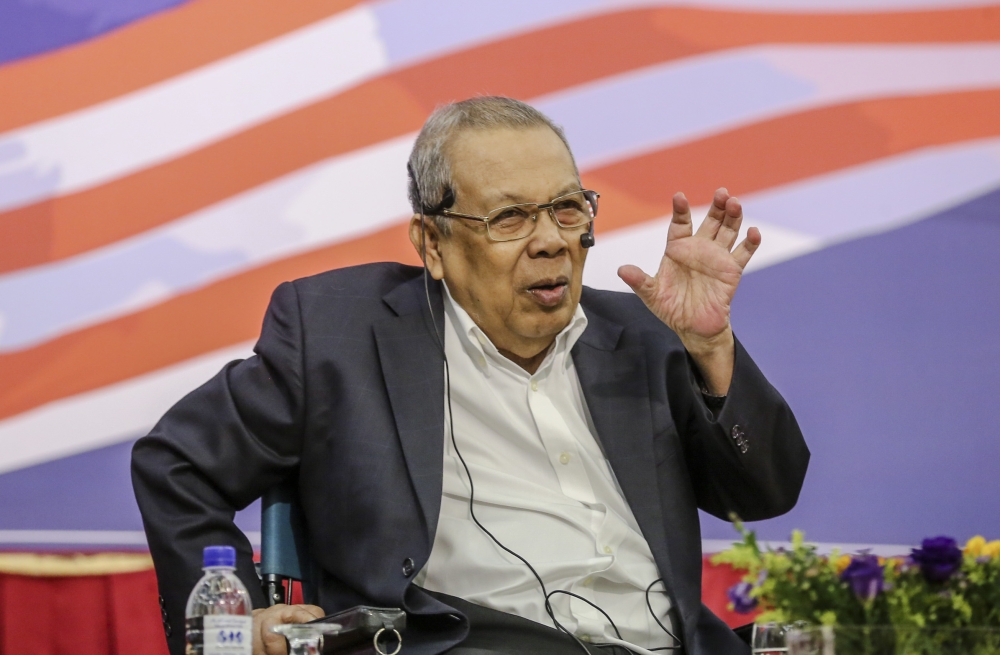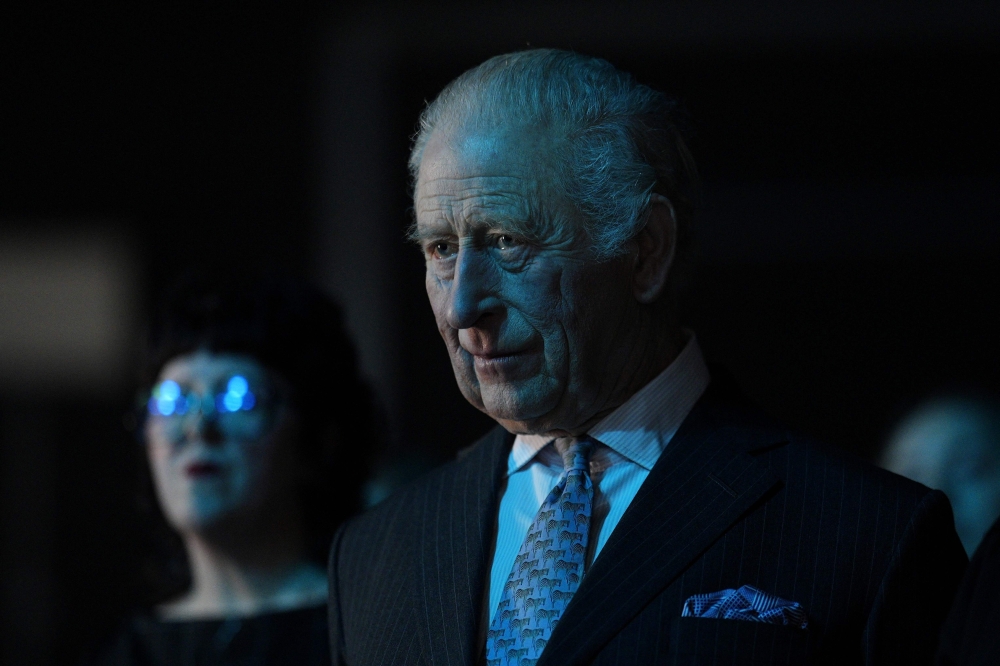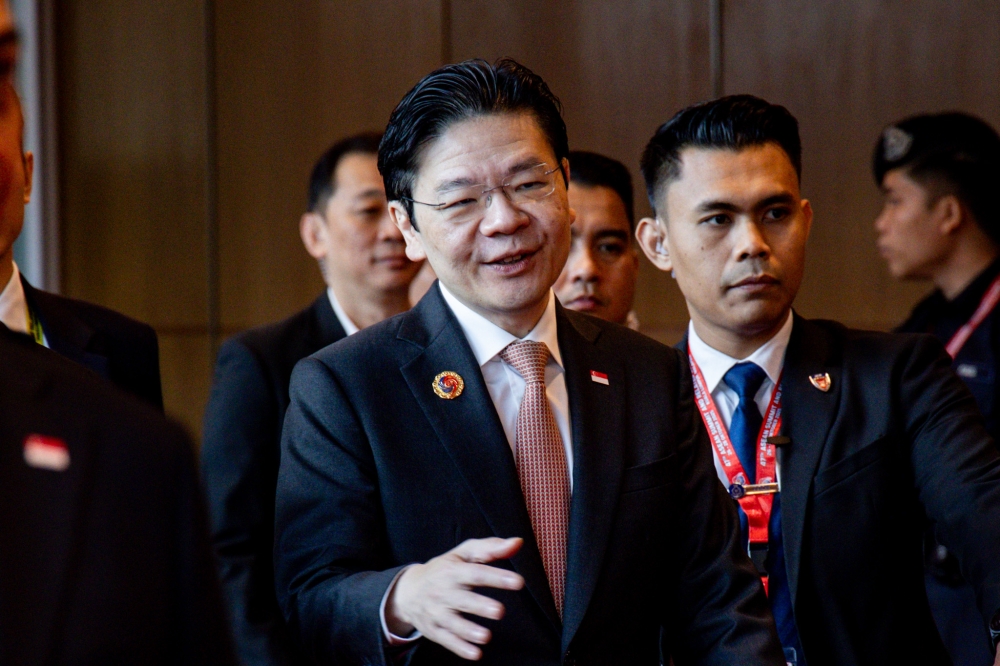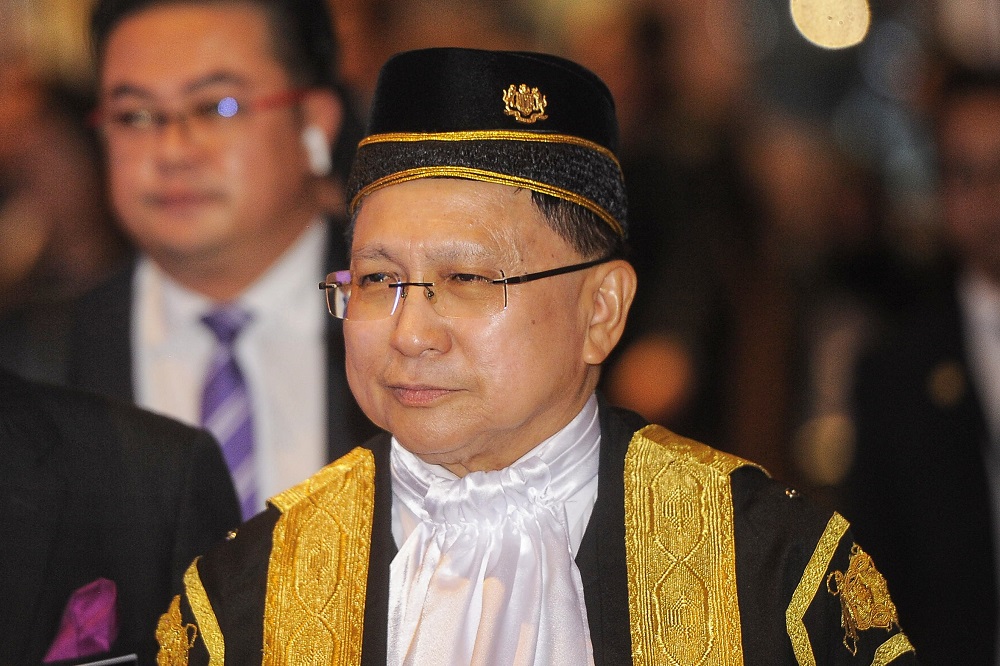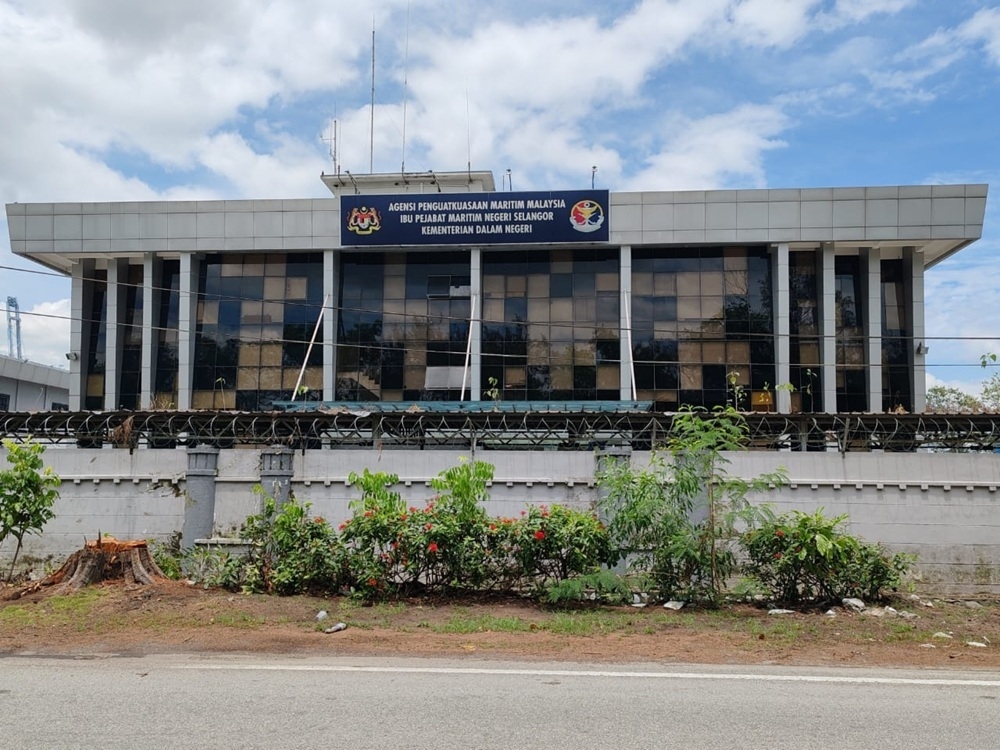PUTRAJAYA, Jan 11 — Malaysians may not always agree with judgments but must understand the courts must act based on the law, Tan Sri Richard Malanjum said today.
The country’s first chief justice from Sabah stressed that the courts’ role is not to deliver “mob” justice.
“We are very conscious one of the reasons why the public has a negative perception of the courts is that our decisions at times are not in tune with public feelings or the will of the majority, which has always been a problem.
“Our response to this is: we request understanding on the functions of the courts.
“Our court is a court of law, and not the court of the mob,” he said in his speech at the opening of the legal year 2019 here.
“Let it be remembered that while the legislature is the will of the majority, the court remains the conscience of society so as to ensure that the rights and interests of the minority and the weak are safeguarded,” he added.
Malanjum went on to quote two court judgments, including one by Supreme Court judge Wan Suleiman in the case of Krishnan v Public Prosecutor [1987] where the latter said that a basic rule of justice is that a person can only be convicted based on evidence produced according to strict legal requirements.
“It is one of the most basic rules of justice that however heinous a crime a person is accused of, whatever the rank of the person who testifies against him, he can only be convicted on evidence produced according to the stringent
requirements of the law…it does not mean that a person accused of one of the most serious crimes known to our law is not entitled to equal protection before the law and one of those items of protection to which he is entitled is that his guilt must be proved in accordance with or in a manner required by law. Anything less will not be enough,” Malanjum quoted the former judge as saying.
In the same speech, Malanjum also said the judiciary will remain steadfast in upholding its independence and vowed to take immediate action if there is interference.
Malanjum said a stumbling block in the quest for a truly independent judiciary was that it continued to be attached to its “twin”, referring to the Judicial and Legal Services Commission.
“Hopefully the separation work will soon be done. I’m sure the Attorney-General is the best surgeon to do the job in separating the ‘twin’,” he said.
The legal community had in the past called for the the commission to be split into two different bodies overseeing the judicial officers and legal officers respectively.
The commission is tasked with appointments, promotions, and transfers of members of judicial and legal services.
The judicial services division comprises officers such as magistrates, Sessions Court judges, registrars, special officers and researchers to judges; while the legal services division comprises the AG; officers in the Attorney-General’s Chambers such as the solicitor-general, draftsman, advisors, prosecutors, state and ministry legal advisors, and legal assistants.









